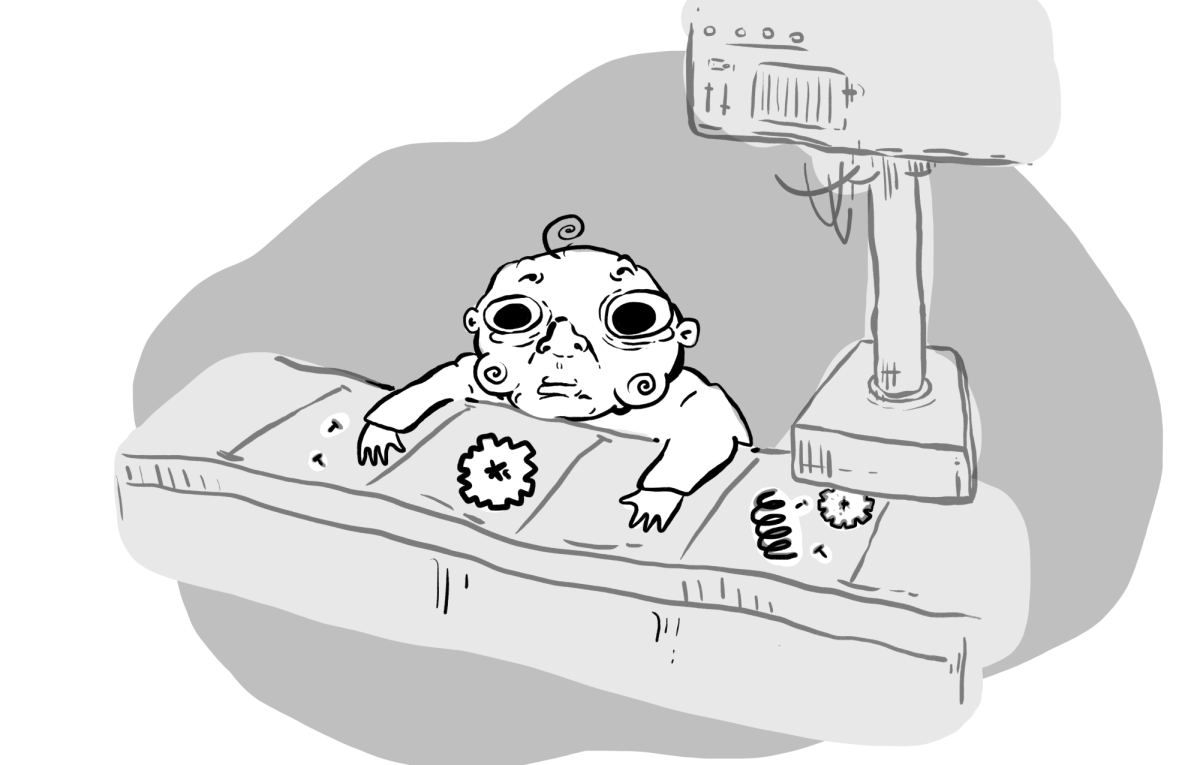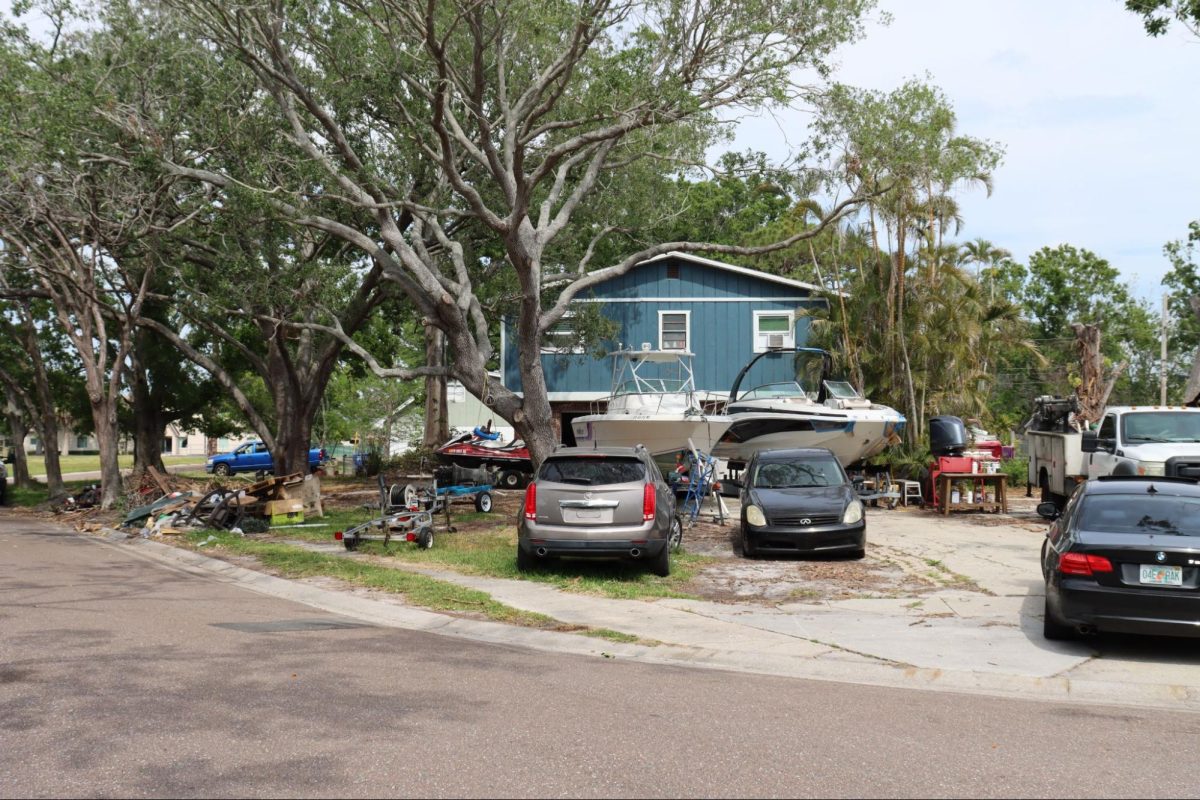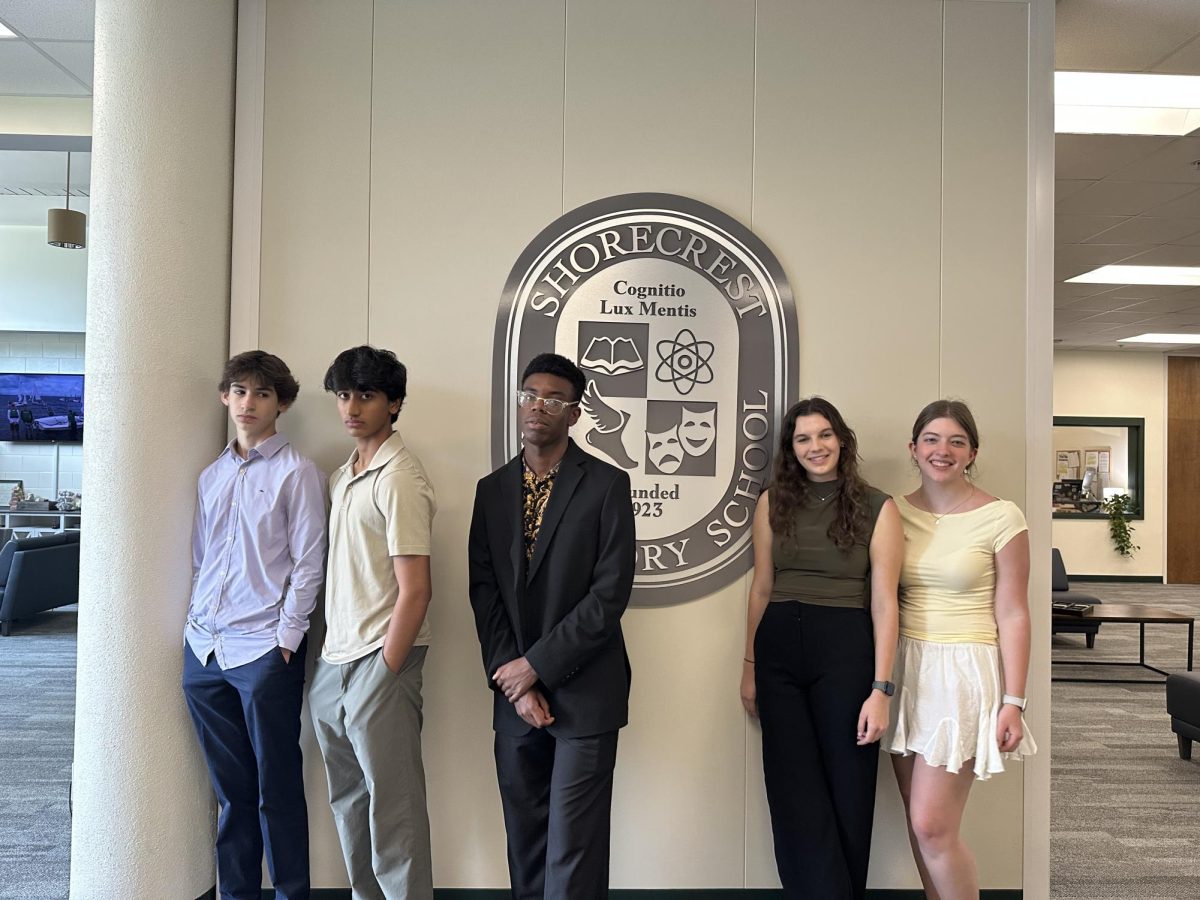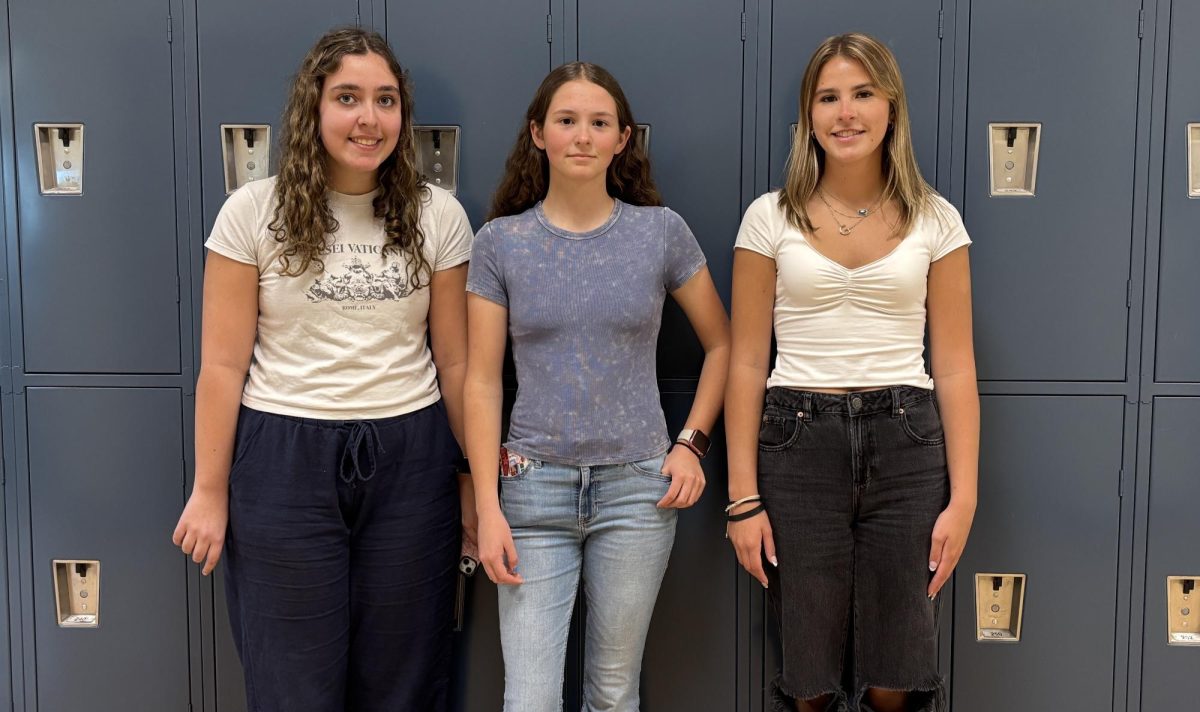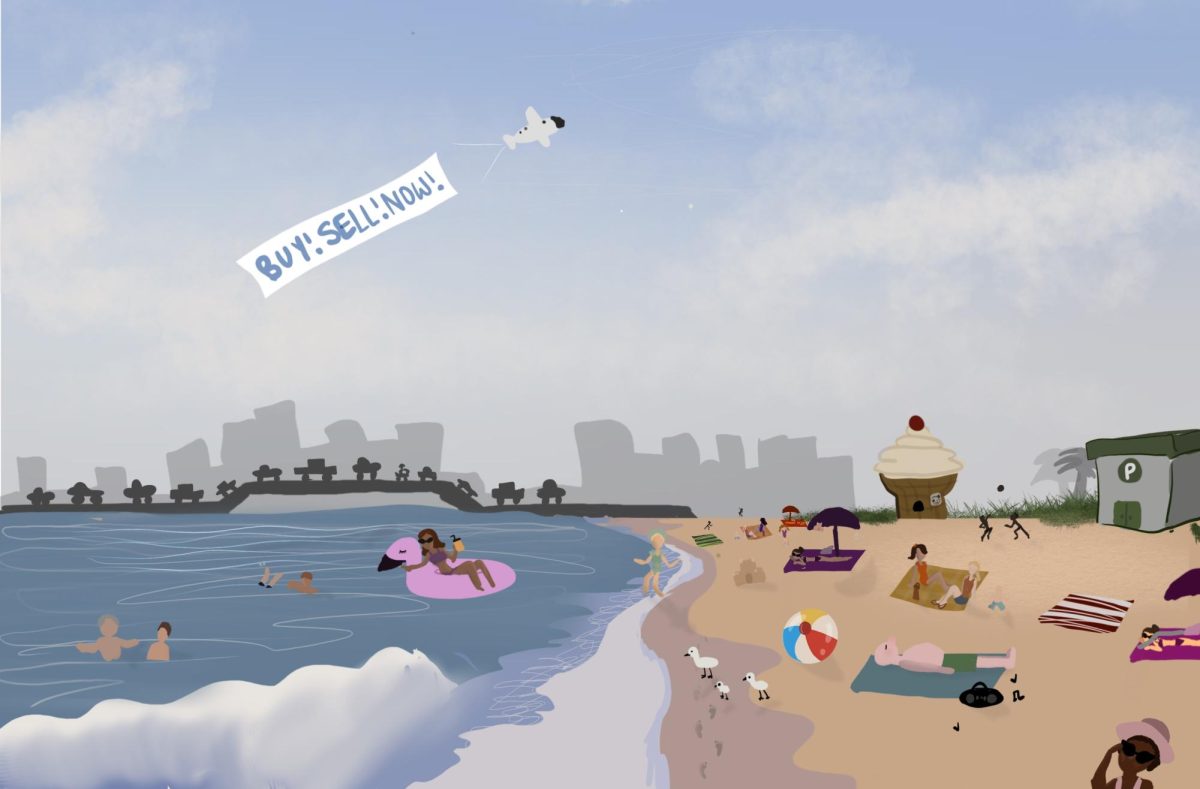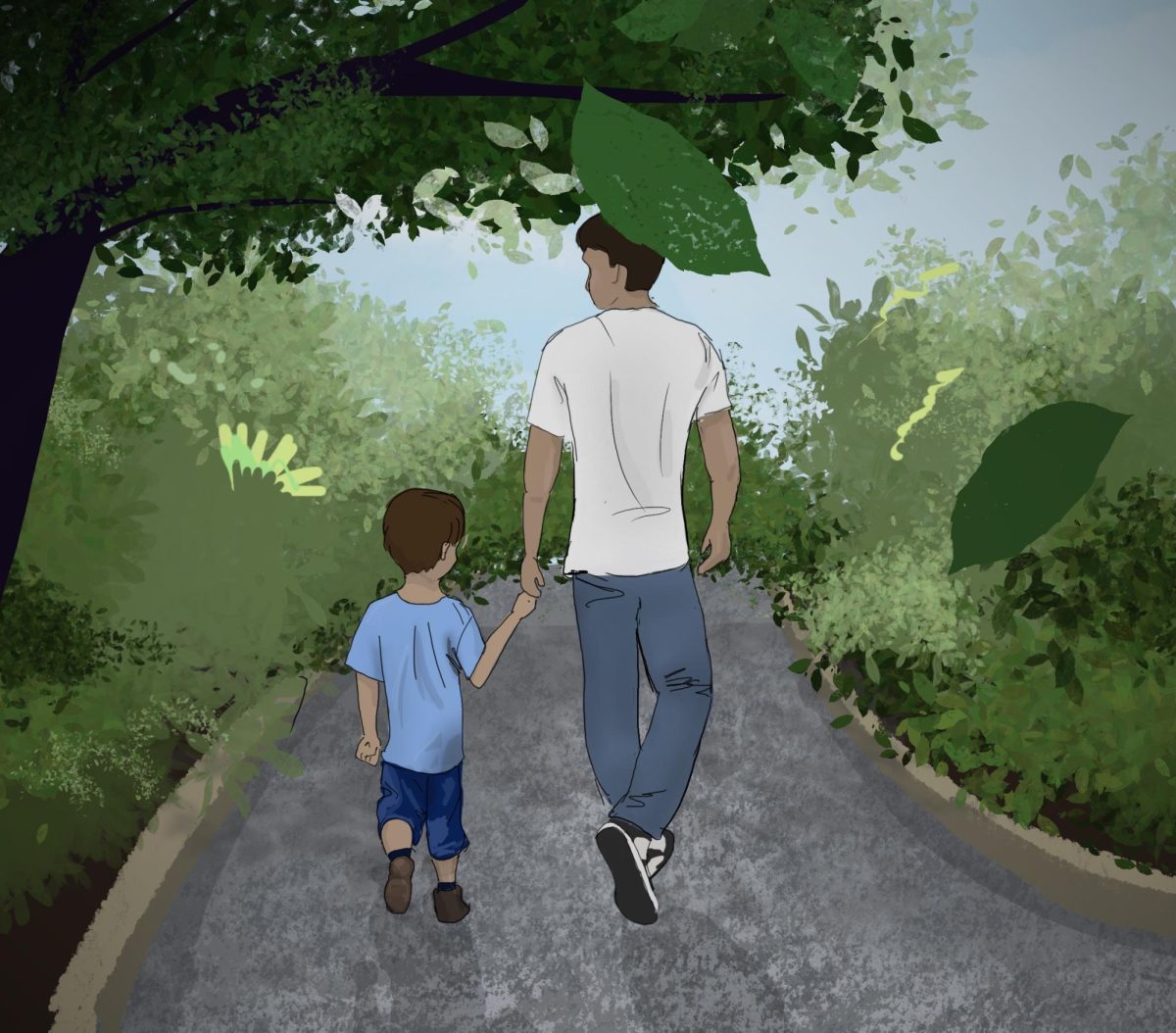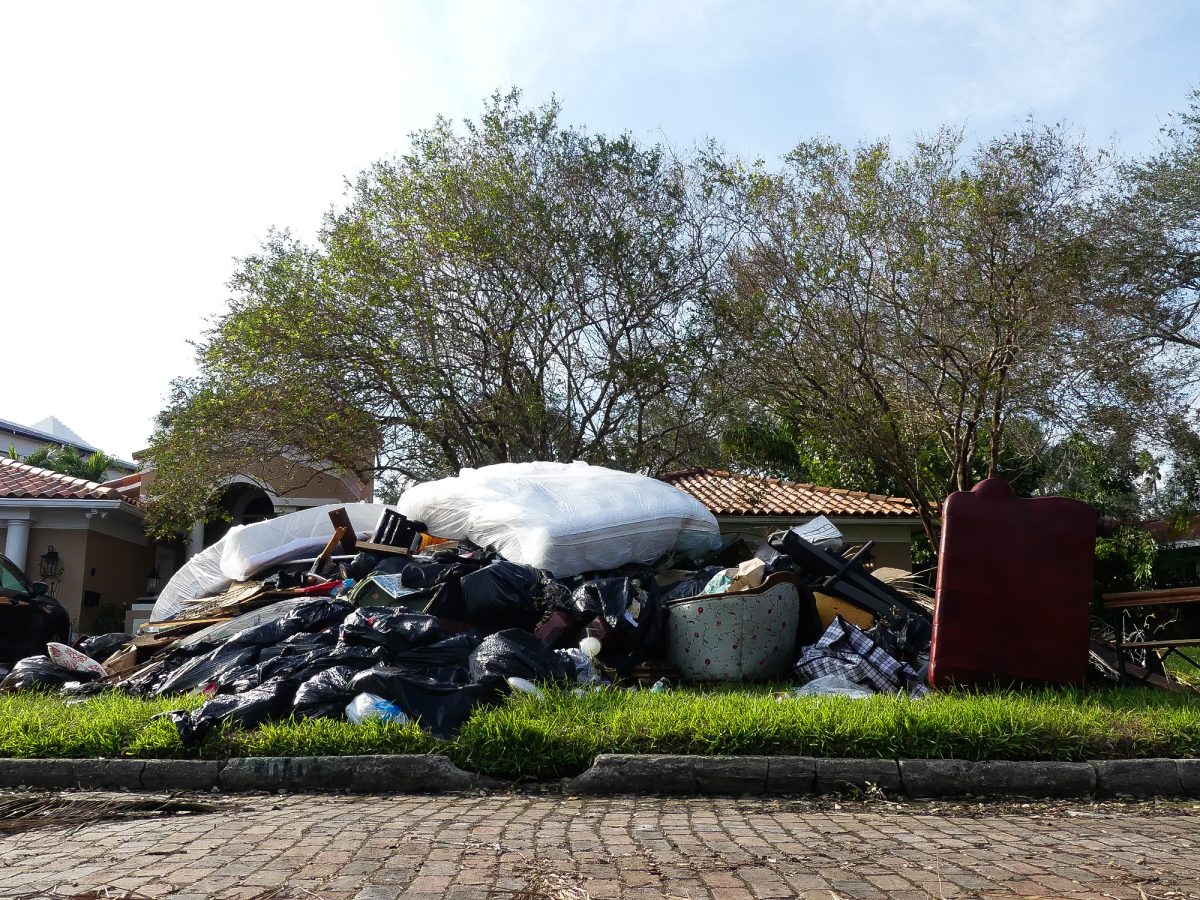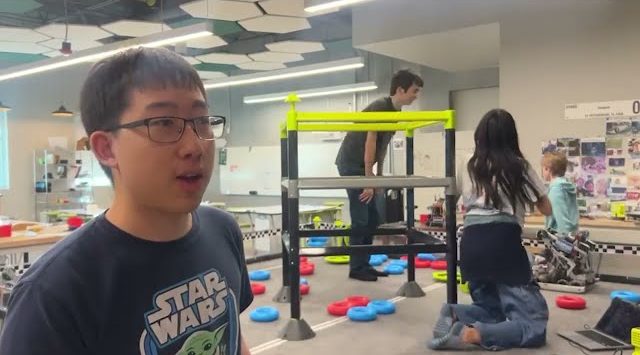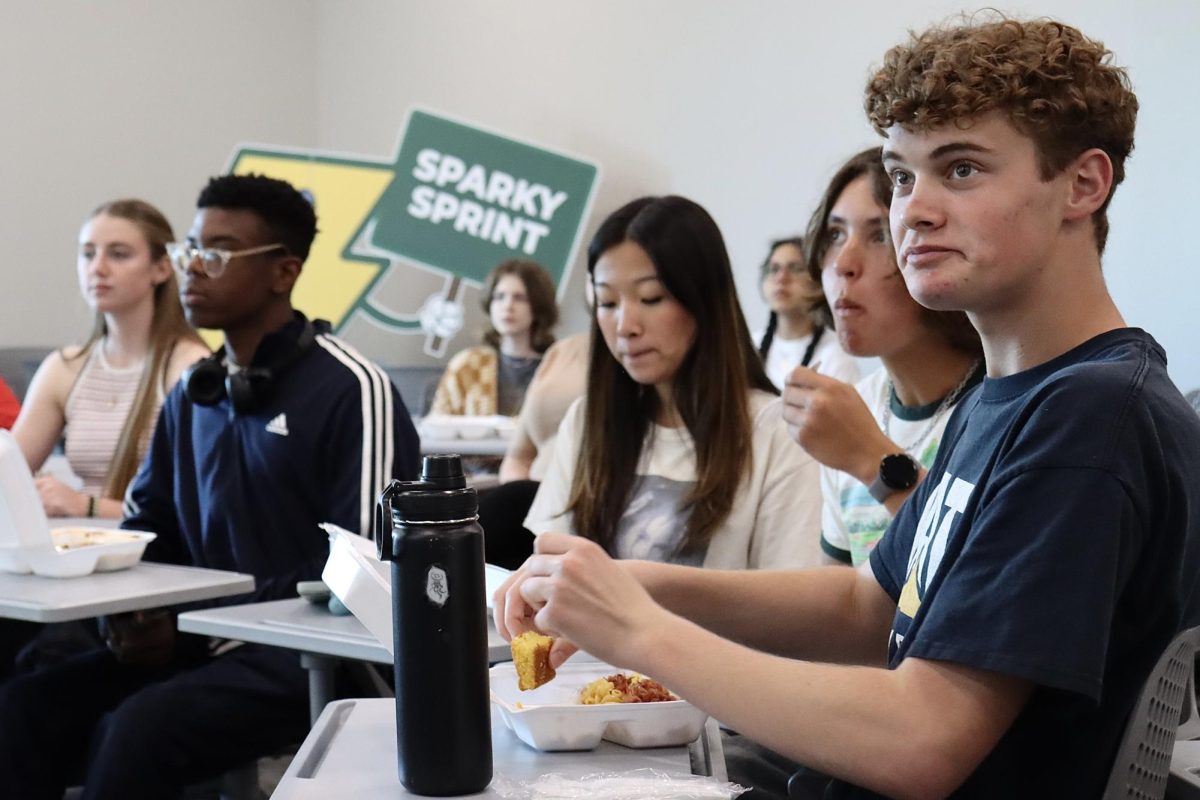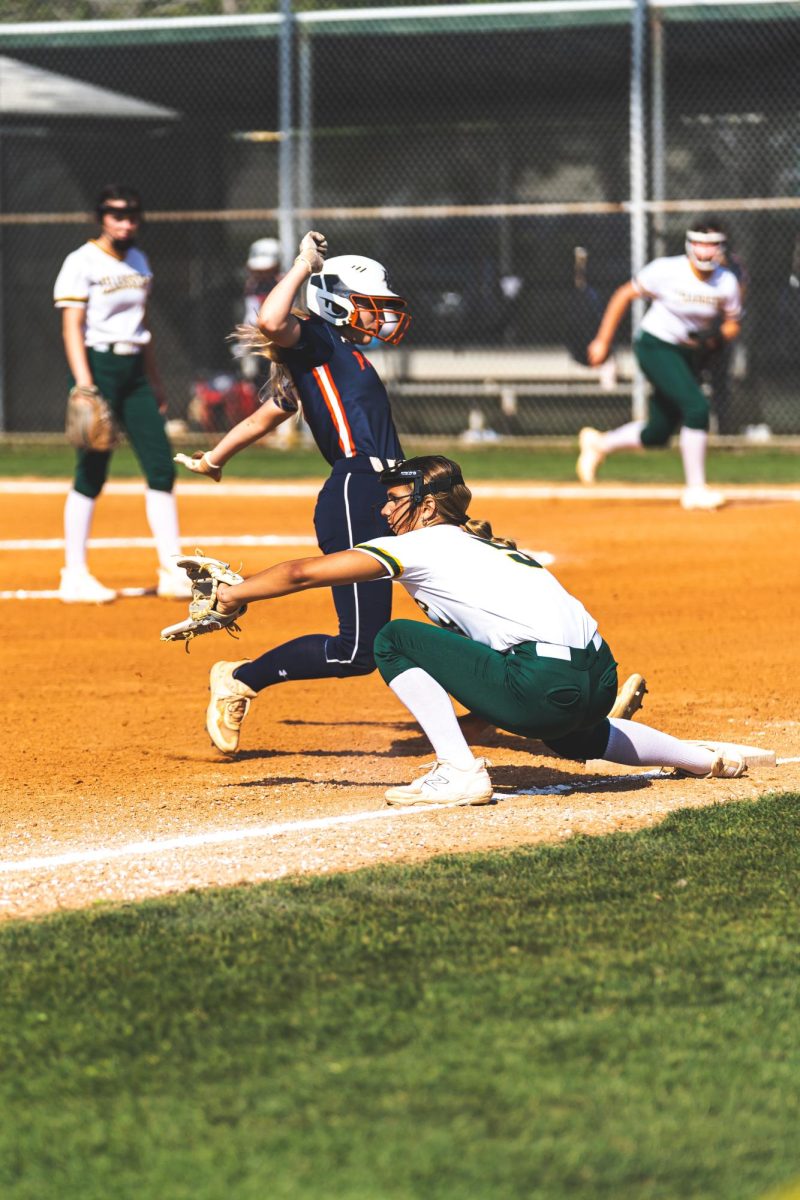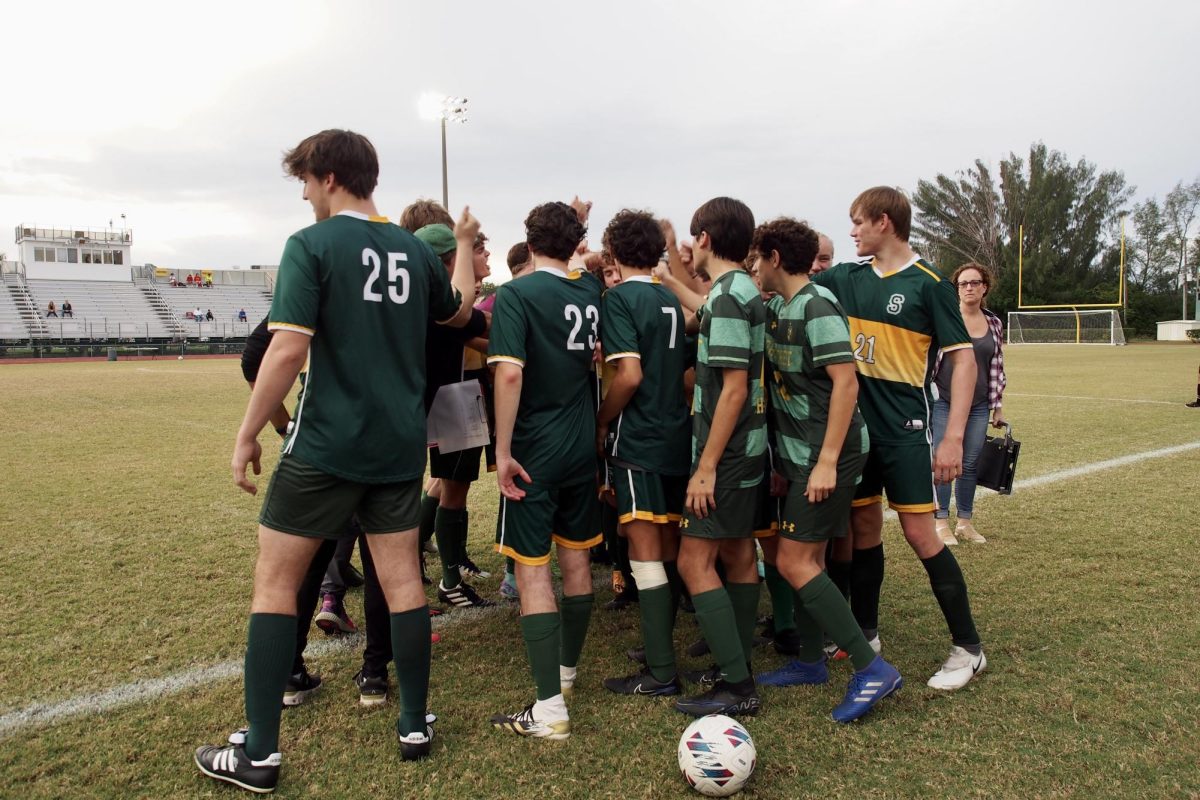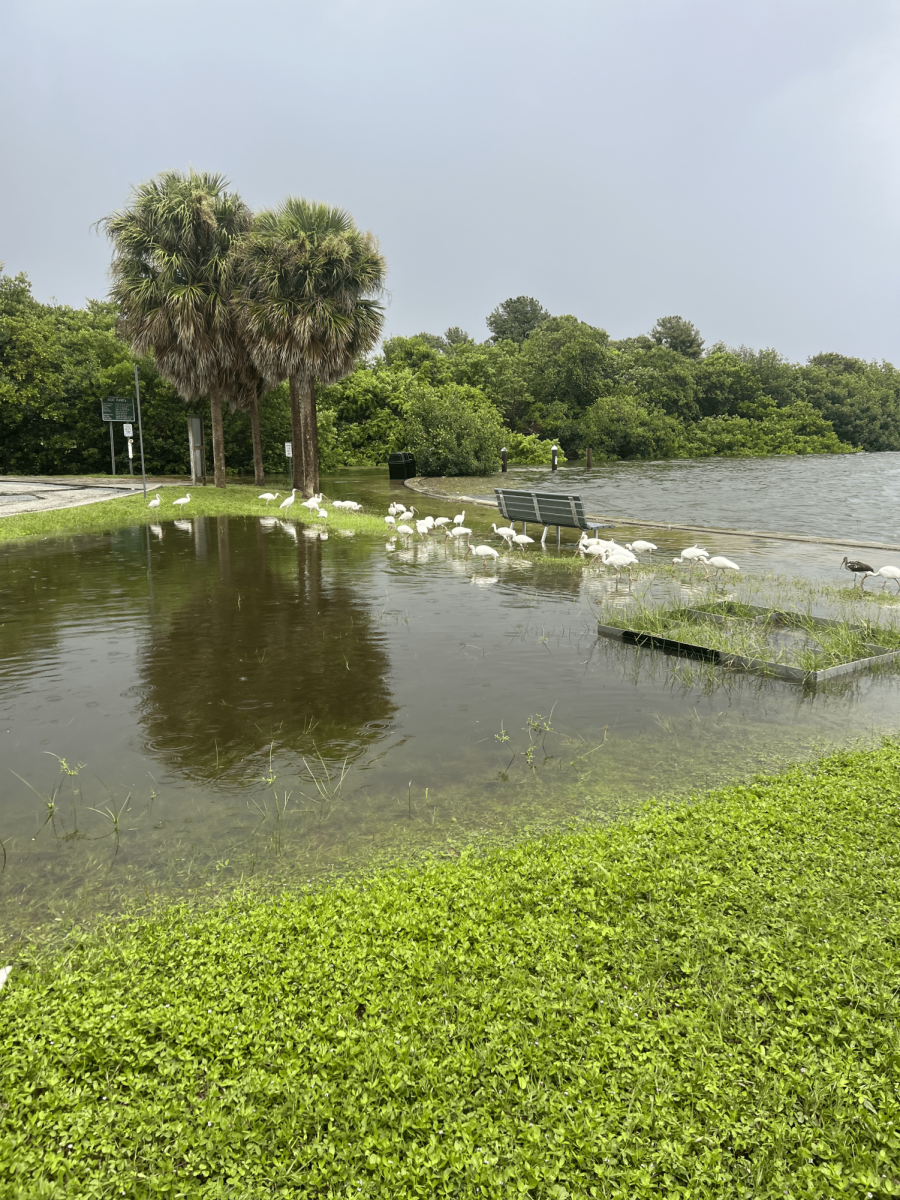In the aftermath of Hurricane Idalia’s Category Three landfall in Florida, sophomore Asher Walton explored the excessive damage done to his neighborhood, Shore Acres. He waded through the deep waters covering the street, deep waters that held more than the stench of rain—they bore the mark of catastrophe.
“Idalia had a very large storm surge, but it was particularly devastating for that region in the panhandle because they had never seen a hurricane before,” said Maddox Matyas, President of the Meteorology Club. “The storm intensified so rapidly because of the abnormally warm waters in the Gulf of Mexico.”
Although Walton and St. Pete were only hit by the outer bands of the storm, “there was flooding so high, water was up to my knees,” he said. “Power lines were all over the ground because of the hurricane, so it got pretty bad.”
Walton wasn’t alone in this struggle, acknowledging, “I have a bunch of friends in my neighborhood that have had the exact same experience, if not worse.” US Science Teacher Dr. Carlie Saval said, “we’ve seen an increase in hurricane frequency right now.”
The cause of these strangely warm temperatures sparking even stronger hurricanes? Global warming. But, what causes global warming?
Waste is a primary contributor. The Environmental Club spearheads the recycling program at Shorecrest, eager to downsize landfills in Florida. “Our landfills are getting so full, and we need to try to decrease that amount in any way, shape, or form we can,” said US Biology Teacher and Environmental Club sponsor Summer Slater. “The less amount of waste, the less amount of toxins in the air to promote global warming.”
Carbon dioxide is the primary toxin leading the global warming charge. There is predicted to be 4.971 million metric tons, a dangerous number, of emissions this year, according to the U.S. Energy Information Administration.
“We know we’re pumping carbon dioxide into our atmosphere–that’s a non-negotiable thing. We can see it happening, and we know that there’s a linkage between it and an increase in temperature,” said Saval. “There are some relatively small initiatives that our government, independent groups, and other nations are doing to stop it, but we know it’s not enough, and we’re not doing anything about that.”
However, not all hope is lost. There are ways everyone can reduce the impacts of global warming, preventing devastating hurricanes, and other horrific events.
“I’ve tried to change my habits by spending money on things that are more eco-friendly, like buying an electric car. I’m trying to reduce my carbon footprint.” said Saval. Similarly, Slater said, “I myself try to recycle and limit the amount of garbage and plastics that I do use.”
The effects of global warming will only worsen, especially for Florida residents. Matyas said, “Global warming is a real problem that people need to accept and work to change.” (Laya Owensby)

![Thespians pose on a staircase at the District IV Thespian Festival. [Front to back] Luca Baker, Maddison Cirino, Tanyiah Ellison, Alex Lewis, Summer Farkas, Jill Marcus, Ella Mathews, Sanjay Sinha, Isabella Jank, Sofia Lee, Boston Littlepage-Santana, Sally Keane, Tyler Biggar, Tanner Johnson, Jasper Hallock-Wishner, Remy de Paris, Alex Jank, Kaelie Dieter, and Daniel Cooper. Photo by Michael McCarthy.](https://spschronicle.org/wp-content/uploads/2024/12/image1-900x1200.jpg)



